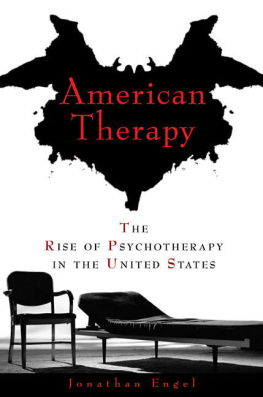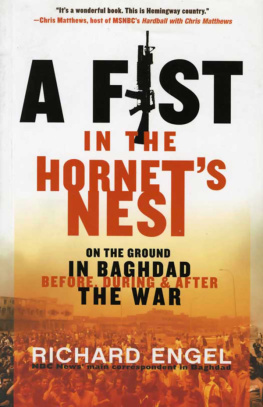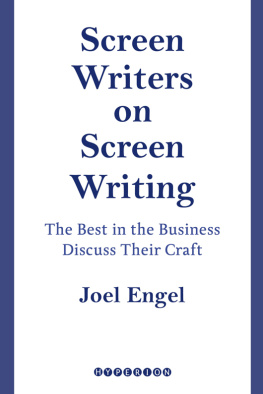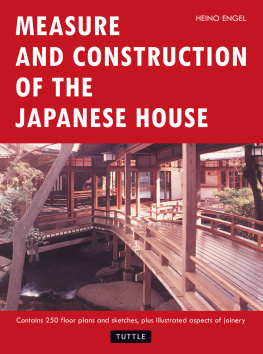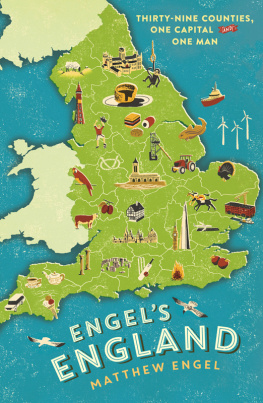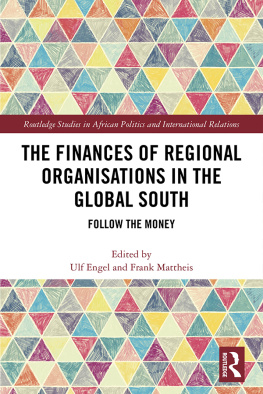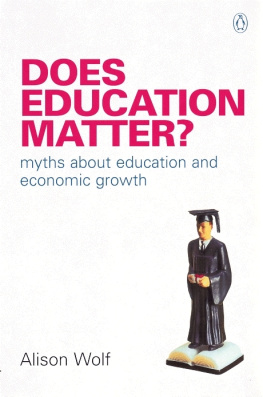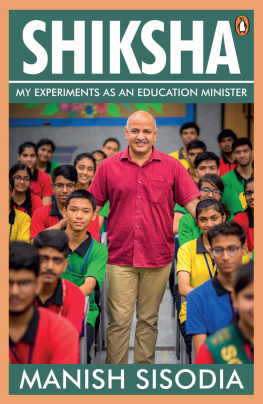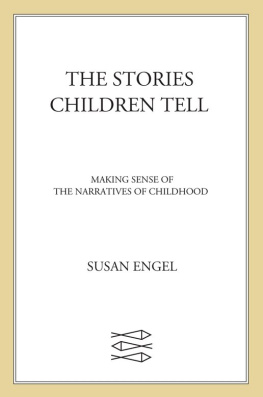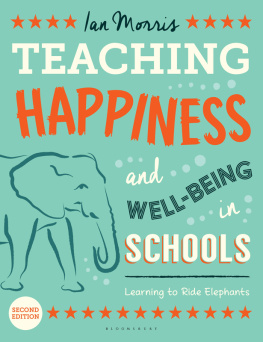
ALSO BY SUSAN ENGEL
The Hungry Mind:
The Origins of Curiosity in Childhood
Red Flags or Red Herrings?
Predicting Who Your Child Will Become
Real Kids:
Making Meaning in Everyday Life
Context Is Everything:
The Nature of Memory
The Stories Children Tell:
Making Sense of the Narratives of Childhood

2015 by Susan Engel
All rights reserved.
No part of this book may be reproduced, in any form, without written permission from the publisher.
Requests for permission to reproduce selections from this book should be mailed to: Permissions Department, The New Press, 120 Wall Street, 31st floor, New York, NY 10005.
Published in the United States by The New Press, New York, 2015
Distributed by Perseus Distribution
ISBN 978-1-62097-016-4 (e-book)
CIP data available.
The New Press publishes books that promote and enrich public discussion and understanding of the issues vital to our democracy and to a more equitable world. These books are made possible by the enthusiasm of our readers; the support of a committed group of donors, large and small; the collaboration of our many partners in the independent media and the not-for-profit sector; booksellers, who often hand-sell New Press books; librarians; and above all by our authors.
www.thenewpress.com
Composition by dix!
This book was set in Adobe Caslon
2 4 6 8 10 9 7 5 3 1
For Jake, Will, and Sam, now men
CONTENTS
I thank Mike McPherson, Harry Brighouse, Bill Damon, Julia Juster, Marlene Sandstrom, and the students in my fall 2013 course, Childhood in Context. The conversations I had with these students, friends, and colleagues were of enormous help to me as I mulled things over.
I thank the Spencer Foundation for supporting my first foray into the question of measuring school outcomes.
I thank my editor, Marc Favreau. He has been a joy to work with.
I owe special thanks to my sister, Jenno Topping; my brother-in-law, Chris Moore; my niece, Maddie; and my nephews, Charlie and Ike. They provided me with the most loving, fun, and supportive writers retreat anyone could wish for.

Happiness is the meaning and the purpose of life, the whole aim and end of human existence.
Aristotle
Happiness is the truth.
Pharrell
Think of someone you know who is well educated. What makes that person seem so to you? Every year I ask my college students to play this game. And every year they mention the most interesting array of people: their grandmother, sixth-grade teacher, coach, or dad. When I ask them to list the qualities that make them name that particular person, they offer a fascinating list: She is interested in the world around her. He is able to teach himself anything. Shes an insatiable reader. He seems to know a lot about so many different kinds of things. She cant be fooled. Hes compassionate and wise. He loves learning. They never say, Hes a good speller, Shes excellent at solving verbal math problems, or He can parse the hell out of any sentence. And in twenty-five years of playing this game, no one has ever answered by saying, Hes rich. Yet in the daily lives of children, parents, teachers, and policy makers, the pursuit of money, rather than enlightenment or well-being, seems to be the driving force behind education. You dont need to be a detective or a psychologist to figure this out. You just need to listen when people talk about schools.
One day I was lingering in the cafeteria of an elementary school and overheard a small group of third graders chatting as they ate lunch. There were five of them, and it was obvious they had spent a lot of time together. They were talking with their mouths full, and at various moments raucous giggles erupted at the table. But they were also covering some important ground. At first they were speculating on what had happened to a classmate who was missing from school that day. They came up with various possibilities (sickness, a trip, a broken foot, and playing hooky) and then suddenly changed direction, as eight-year-olds often do, and began discussing the tests they had to take at the end of the week. One of them said, My mom keeps telling me I hafta concentrate, that I hafta do my best, or Im gonna stay back next year. Another nodded, tomato sauce squishing out of both corners of her mouth, and said, I know. Why do we? I dont even wanna go to college. One of them jumped in with, You do. You oughta. You wanna be rich, dont you? Im gonna be a millionaire.
But should the primary purpose of education be to ensure that people can make money? Shouldnt education aim for something deeper and more ennobling than wealth?
This book is about what we really want our children to get out of school. Though it may seem like an obvious and well-worn topic, people dont actually think it through too often or too carefully. I have spent the last thirty-five years talking with parents, researchers, and teachers, as well as children themselves, and I rarely hear anyone talk about the larger purposes of education. Perhaps thats because everyone implicitly assumes that they already know and that the answer is obvious. But it is not. Scratch a little below the surface and it quickly becomes clear that many of us are muddled about the aims of education, and that a probing conversation would reveal deep differences among us. One person will emphasize skills (kids should learn how to balance a checkbook, do geometry, spell, use a computer), another will identify certain essential bodies of information (children should know U.S. history, world geography, the Western canon), and still others focus on general abilities (children should become critical thinkers, astute consumers, good members of society). Many probably have no clear answer. Most parents I know waffle: some days all they want is for their children to love learning, while on others they feel distraught if a son or daughter has fallen behind in mathematics. Just as often, parents simply want their children to get through the day without a problem. As children make their way through grade school, meaningful educational goals give way to a much narrower set of concerns, concerns that revolve around money.
Years ago, I was in a coffee shop and overheard the following conversation between two fathers sitting at the table next to me. As I listened, it became clear they both had children in the sixth grade. One of the men said, with a downcast expression on his face, Dan hates school. He drags his feet onto the bus every single day. He hates math. He says theres no point to it. He thinks English is boring. There isnt one part of the day he looks forward to.
The other guy scrunched up his face skeptically. Whats that got to do with anything? He doesnt need to like it. He just needs to do it. I mean, jeez, its not a birthday party. Theyre going because they gotta be ready.
His friend tilted his head a little. Ready?
Next page

